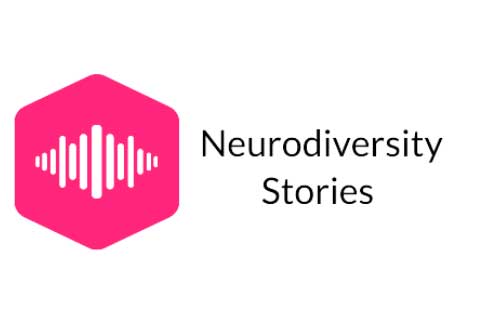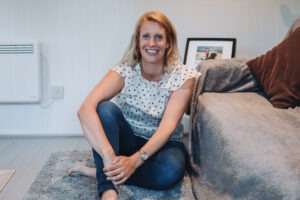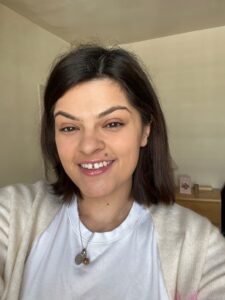use british english
Podcast Episode Excerpt: Navigating Assistive Technology with Lauren Jeffery
Feeling overwhelmed by the myriad options in assistive technology (AT)? You’re not alone. Matthew Head welcomes Lauren Jeffery, Business Development Manager for AT Superstore, to delve into this crucial topic.
Lauren combines her passion for neurodiversity, extensive travels across South and Central America, and her dedicated career in assistive technology to provide insights on making the right AT choices. AT Superstore simplifies the often daunting landscape by offering a user-friendly platform to compare products for diverse needs, including neurodiversity, low vision, hearing impairments, and physical disabilities.
Discover innovations like LexiLens glasses for dyslexia and visual stress, and Tippy Keyboards, designed for one-handed use, and how these technologies can make a tangible difference. Lauren also discusses industry growth, international expansion, and tailored training for organisations.
This episode highlights the profound impact of matched assistive technology and serves as a guide for parents, educators, and individuals seeking the right solutions. Tune in to uncover how the right tools can pave the way to success.
Keywords: assistive technology, AT Superstore, neurodiversity, low vision, hearing impairments, physical disabilities, LexiLens, Tippy Keyboards, Matthew Head, Lauren Jeffery, accessible technology, disability solutions, inclusive tools.





